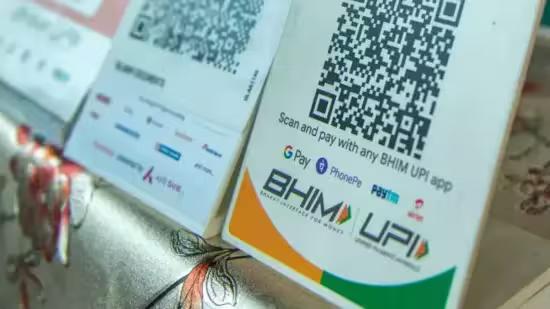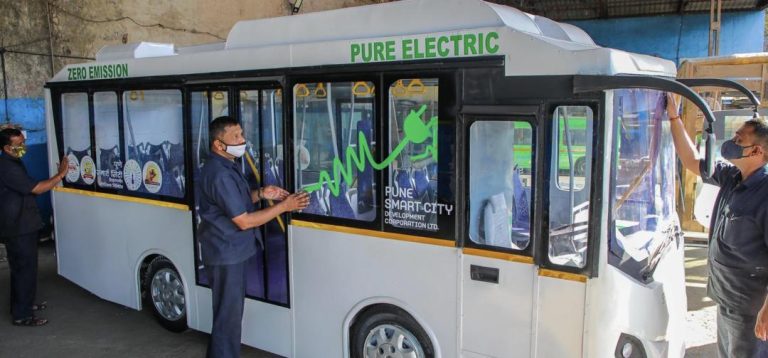
Trinidad & Tobago becomes the first Caribbean nation to adopt UPI
India’s digital payment revolution has gained another significant milestone with Trinidad and Tobago becoming the first Caribbean country to adopt the Unified Payments Interface (UPI). This development marks a significant step forward in the collaboration between the two nations, with further possibilities of implementation of India Stack solutions in the Caribbean country.
During Prime Minister Narendra Modi’s two-day official visit to Trinidad and Tobago, the two countries announced their agreement to explore further collaboration in the implementation of India Stack solutions, including DigiLocker, e-Sign, and Government e-Marketplace (GeM). This move is expected to enhance the digital payment infrastructure in Trinidad and Tobago, making it easier for citizens to conduct financial transactions digitally.
UPI, developed by the National Payments Corporation of India (NPCI), is India’s flagship digital payment platform. It allows users to link their bank accounts, make transactions, and access various financial services using a single identifier. Since its launch in 2016, UPI has revolutionized the way Indians make payments, with over 1 billion transactions taking place on the platform every month.
Trinidad and Tobago’s decision to adopt UPI marks a significant milestone in the country’s efforts to upgrade its digital payment infrastructure. The country has been working to reduce its reliance on cash and promote digital transactions, and the adoption of UPI is expected to play a key role in achieving this goal.
The adoption of UPI in Trinidad and Tobago is also significant because it marks the first time a Caribbean country has implemented the platform. This development is expected to pave the way for other countries in the region to adopt UPI and benefit from its numerous advantages.
So, what makes UPI so special? For starters, it is a highly secure platform that uses a combination of PIN, password, and biometric authentication to ensure that transactions are safe and secure. Additionally, UPI is a real-time payment system, which means that transactions are settled instantly, eliminating the need for intermediaries and reducing the risk of fraud.
Another significant advantage of UPI is its interoperability, which allows users to make transactions across different banks and payment systems. This means that users can make transactions using their preferred payment method, whether it’s a debit card, credit card, or mobile wallet.
UPI has also been instrumental in increasing financial inclusion in India, particularly among underprivileged sections of society. The platform has enabled millions of Indians to access financial services for the first time, and has helped to reduce the country’s cash economy.
In addition to UPI, Trinidad and Tobago has also agreed to explore the implementation of other India Stack solutions, including DigiLocker, e-Sign, and Government e-Marketplace (GeM). DigiLocker is a digital locker service provided by the Government of India that allows users to store their documents digitally and access them online. e-Sign is a digital signature service that allows users to sign documents electronically, eliminating the need for physical signatures. GeM is an e-commerce platform that allows government departments and public sector undertakings to procure goods and services online.
The implementation of these India Stack solutions is expected to bring about significant benefits to Trinidad and Tobago, including increased efficiency, reduced costs, and improved transparency. The solutions are also expected to help the country to improve its ease of doing business, attract foreign investment, and promote innovation.
In conclusion, Trinidad and Tobago’s adoption of UPI marks a significant milestone in the country’s efforts to upgrade its digital payment infrastructure. The adoption of UPI is expected to promote digital transactions, increase financial inclusion, and improve the overall efficiency of the country’s payment systems. The collaboration between India and Trinidad and Tobago is expected to pave the way for other countries to adopt UPI and benefit from its numerous advantages.






